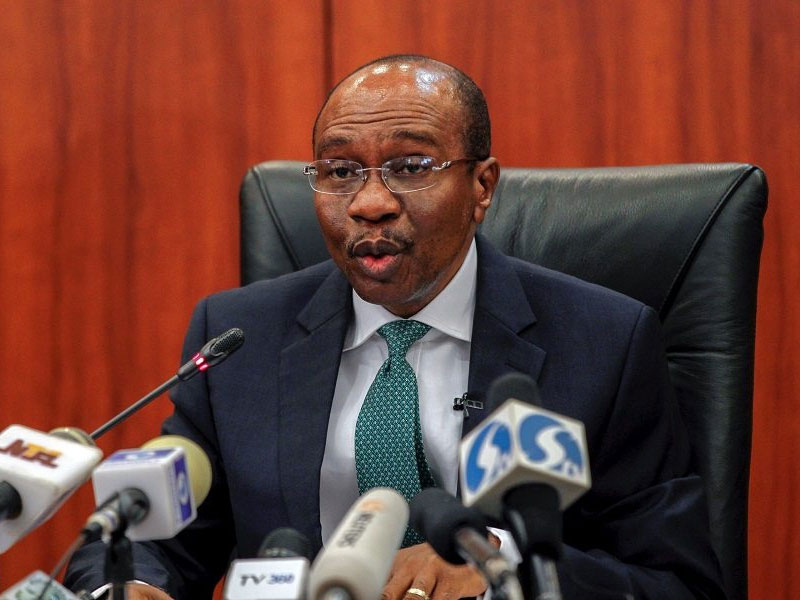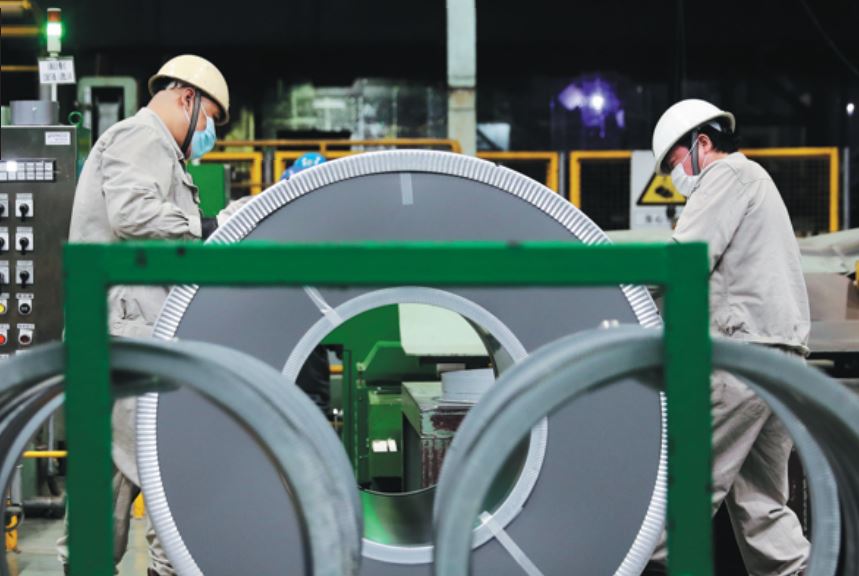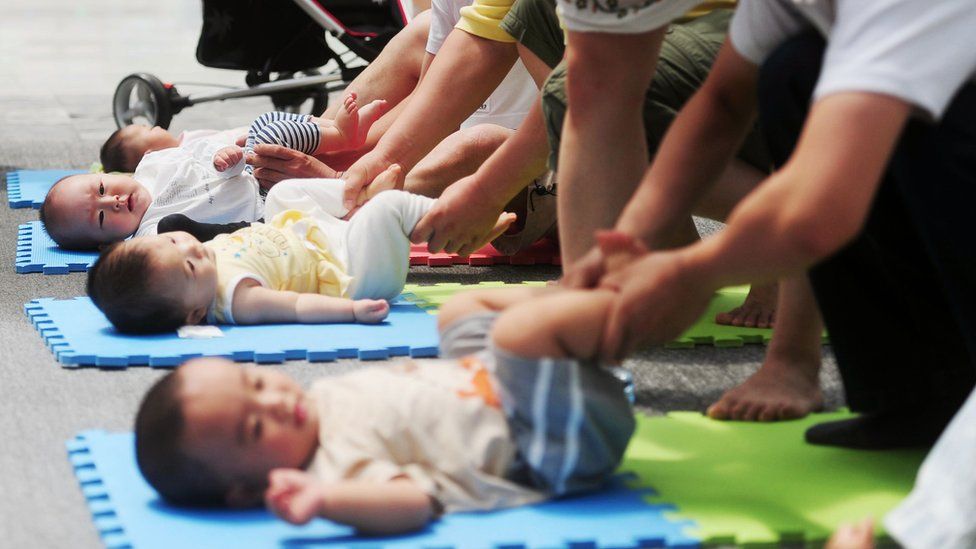The Central Bank of Nigeria (CBN) says Nigeria needs about N35trn investments in infrastructure for double-digit growth of its economy.
Gatekeepers News reports that the Governor of the Central Bank of Nigeria (CBN), Godwin Emefiele, says the country requires about N35 trillion infrastructural investments for double-digit growth of the nation’s economy.
Emefiele said this at a webinar on “Financing Public-Private Partnership to Boost Infrastructure Delivery in Nigeria,” organised by the Bureau of Public Enterprises (BPE) in Abuja on Thursday.
His message at the webinar was delivered by the Deputy Governor of the bank on Economic Policy, Dr. Kingsley Obiora, who stated that the theme of the webinar was topical as a critical part of efforts to drive sustainable growth of the nation’s economy.
The Governor of the Apex bank, however, added that it will be difficult to support such investments using government funds alone, owing to the paucity of government revenues.
Nigeria’s economy which is just crawling out of recession recorded a 0.51% growth in the first quarter of 2021 after a 0.11% growth in the fourth quarter of 2020.
Emefiele said the COVID-19 pandemic had wielded unprecedented impacts on the economy, noting that interventions by the monetary and fiscal authorities had led to the country departing recession with muted growth.
The CBN governor said: “While this news is positive, growth is still well below our population growth of 2.7 per cent. It is therefore imperative that we all work together to harness the growth potential of the Nigerian economy.
“If we take into account Nigeria’s Infrastructure Masterplan, we require close to N35 trillion worth of investment in order to attain double-digit growth. But given the paucity of government revenue, which the BPE director-general mentioned earlier, it will be difficult to support these investments using government funds alone.
“So, finding ways to harness public-private partnerships have become very important and we are happy to acknowledge that these partnerships have started in earnest and the Central Bank of Nigeria looks forward to continuing collaboration with the BPE to harness these partnerships to ensure that we significantly scale up investment in our infrastructure.”
The Minister of Finance, Budget and National Planning, Dr. Zainab Ahmed, on the occasion said all infrastructure projects in the country must be screened for Public-Private Partnership (PPP) suitability and compliance with the National Integrated Infrastructure Master plan by the ministry and the BPE before inclusion in national budgets and subsequent procurement.
The minister, who is also the Vice-Chairman of the National Council on Privatisation (NCP), said this is from the 2021/2022 budget cycle.
Ahmed said: “All these efforts are to ensure that PPP takes a center stage in the procurement of infrastructure in Nigeria.”
She added that the federal government is willing to discuss and integrate suggestions from stakeholders to enhance Nigeria’s PPP framework.
According to her, the webinar was an opportunity to hear from participants on the concerns and areas they want the government to address and ensure the investment is beneficial and delivers value to the country.
The BPE Director-General, Alex Okoh, also said the bureau, in collaboration with the Ministry of Finance, Budget and National Planning had developed a PPP project information tool, which has been forwarded to all ministries, departments, and agencies (MDAs), to capture all current and proposed infrastructure projects in the country.
Okoh said this was in line with its new role in the administration of concession programmes of the federal government.
He added, “This will help document a pipeline of PPP projects across various sectors of the economy.”
According to him, some MDAs have submitted their PPP Project Information Data ahead of the final submission date of May 31.
Okoh stated that BPE will partner with the United Kingdom Nigeria Infrastructure Advisory Facility (UKNIAF) to screen projects to ensure that only those that are financially and economically viable are included in the ‘National Pipeline of PPP Projects’.
He added that the Bureau will also establish a revolving Project Development Fund (PDF) for PPP transactions, while funds realised from the pool will be used to facilitate the proper structuring of PPP transactions.
Okoh hoped that financial institutions support the initiative to increase the number of attainable projects that could be successfully brought to commercial and financial close in the infrastructure space through PPPs.
Meanwhile, Emefiele has also charged Governors to make their states economically viable to reduce their dependence on allocations from the Federation Account.
The Governor of the Apex bank made this known during the inauguration of the Rivers State Cassava Processing Plant in Oyigbo Local Government Area of the state.
He said: “We seize this opportunity to encourage our states, particularly the southern states, that there are facilities available for you to draw to involve in land clearing.
“At least, N1.5 billion is available for land clearing. It may seem small but it’s a seed that we can start with.
“We need to see to how we can open up our states for the good of our people and also for the economic viability of our states.
“Please, help to make your states economically viable so you can depend less on revenues from FAAC so that you can grow your economy.
“You can encourage private sector who need these processed materials for their final produce.”
Emefiele said the cassava project is designed to support improved production and processing of the commodity into high-quality flour.
He added that the investments could help drive economic growth, reduce unemployment, adding that it will also induce other wealth-creating activities in the state.
According to him, the project also helps support the Apex bank’s mandate of promoting economic growth for the country.
Emefiele while speaking on the speculation of Naira devaluation said: “Naira was not devalued, it’s just the handiwork of mischief-makers.
“People just go about, do your business. Naira was not devalued, we will continue to do our business and Nigeria will continue to prosper.”






